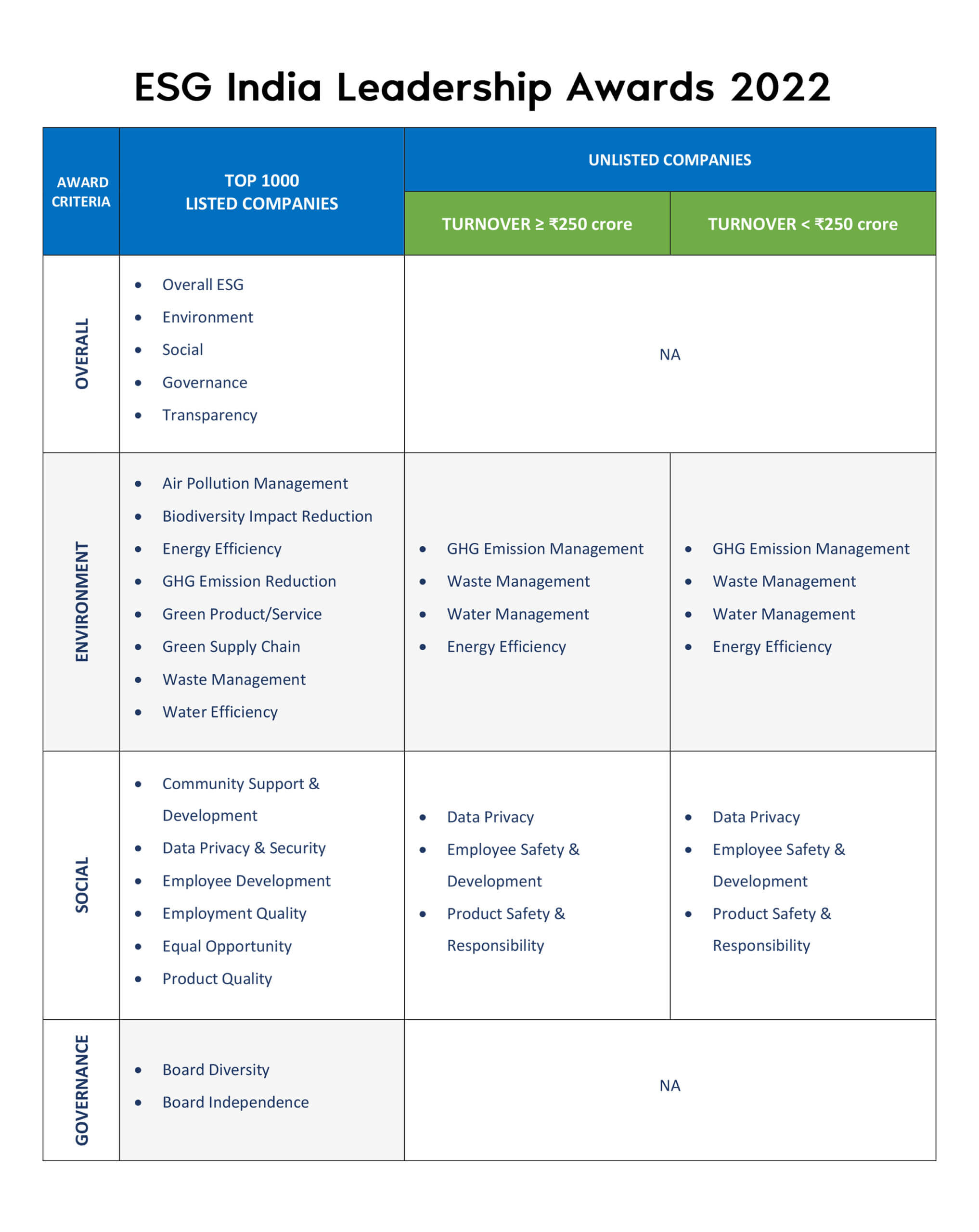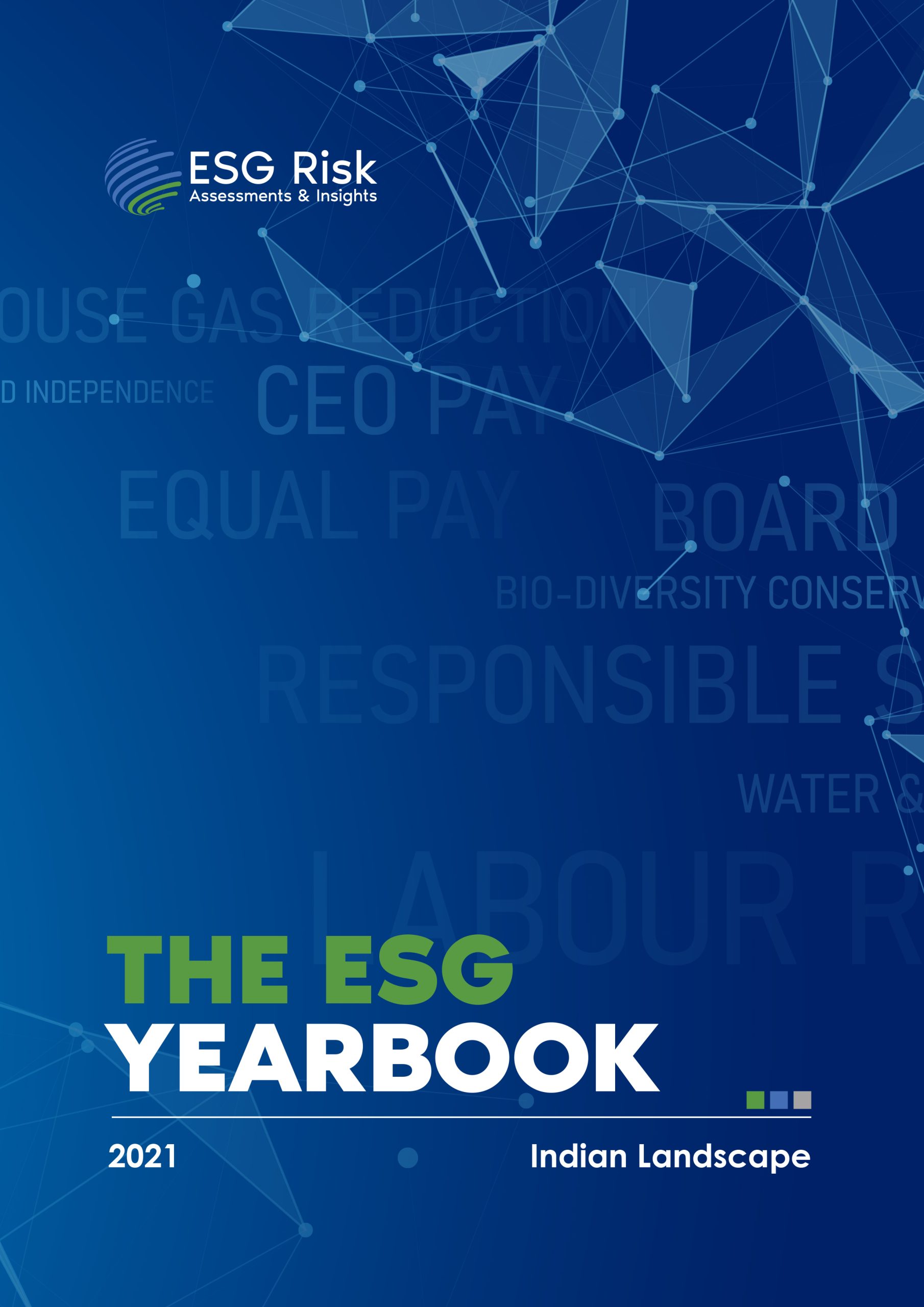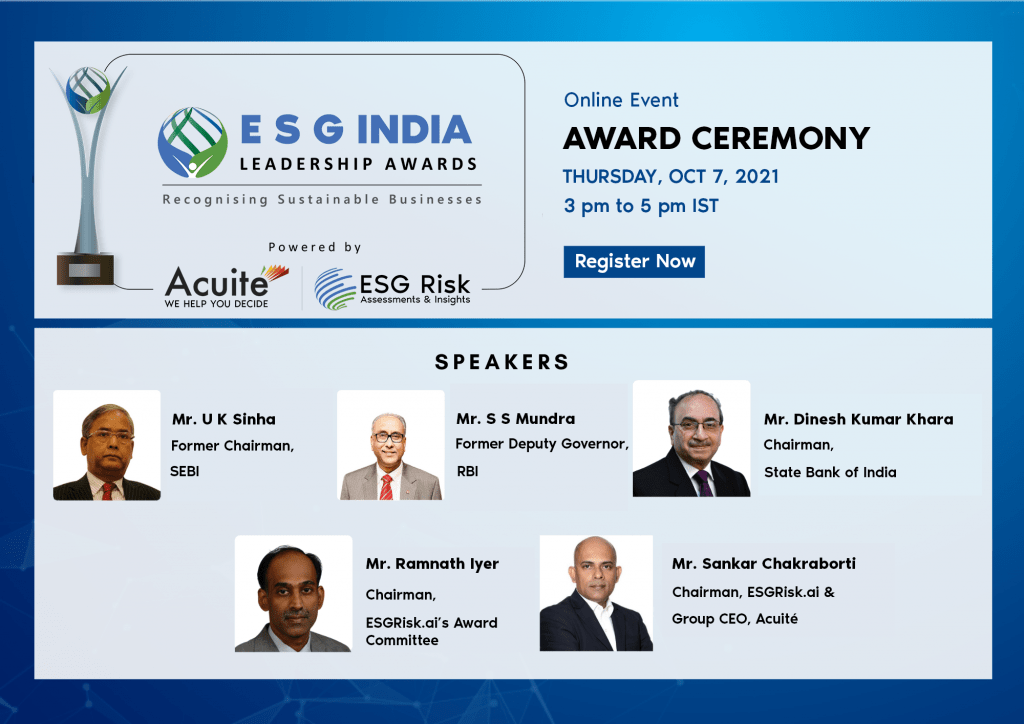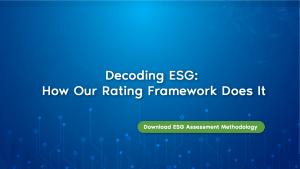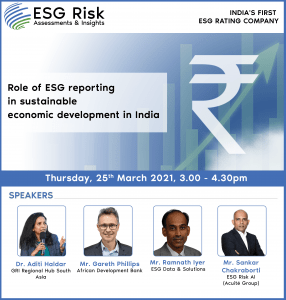ESG Mutual Funds in India
What is ESG investment?
Through the last decade, the concept of ethical investment has permeated into investors’ thinking. They are only too willing to integrate Environmental, Social and Governance factors, known by the popular acronym ESG, into their investments without trading off on profits. They have faith that companies’ which focus on people, planet, and profits the triple bottom line – will deliver risk- adjusted returns over the medium to long term. Their confidence isn’t misplaced.
ESG isn’t an abstract idea; it’s very much measurable now. SEBI’s new disclosure norm, the Business Responsibility and Sustainability Report, is expected to provide quantifiable ESG data. Investors can measure risks across organisations, sectors and time.
Is ESG a good investment? Why should one go for it?
It could be said that ESG is a rare financial instrument that consistently rewards both the business and the investor. Such schemes don’t fit into a short-sighted quest for overnight wealth. Profit here is a by-product of years of ESG discipline. Add to that the greater resilience that ESG investments exhibit to cope with market volatility. That ESG is a sound investment option isn’t even a debate.
A study by Harvard Business School over a 20-year period claims that organisations that delivered on material sustainability factors it means having a limited impact on natural resources outperformed those that did poorly on both stock returns and corporate profits. But ESG Investments aren’t only about glittering track records stemming from resource-efficient processes. As established earlier in this piece, organisations that demonstrate a spirit of service, care for societal changes and don’t measure success on excel spreadsheets end up being sustainable too. Such attributes not only create brand loyalty but also contribute to the inherent sustainability of the company.
ESG has inherently based on the premise that noble deeds get the luscious fruits sooner than later. Companies adhering to ESG principles sell their stories globally and build customer patronage. That said, an informed investor needs to have a dispassionate view of ESG-efficient companies. As the adage goes: monitor your funds wherever they’re. The importance of having a sound ESG strategy can’t be undermined.
What is a good ESG investing strategy?
Essentially, an ESG investing strategy means recognising the opportunities and risks of a business to create a long-term sustainable value. It’s about identifying the company’s ESG approaches, vulnerabilities, value-creation plan, and steps to mitigate risks. The investor knows whether the organisation is implementing its plans within a structured management framework. Not just that, the investor can measure actual results against what had been projected. in financial parlance, a convincing ESG strategy positively impacts the Return on investment (ROI), reduces lending and revenue risks. And now, the most significant step awaits investors. How do investors get started?
How to make an ESG investment
Being a responsible investor entails time and effort. It’s here that asset managers come into play. With their trained faculties, they identify the best-in-class ESG stocks through inclusionary screening. They select companies that are improving ESG measures more rapidly than their peers. An organisation’s inner culture and actions are considered rather than merely the product. In the same vein, they use negative screening to filter out stocks that stray from sustainability principles. Industries such as coal, chemical and cement are viewed with a certain degree of scepticism owing to the negative attributes like global warming and carbon emissions associated with them. That said, inclusionary and exclusionary approaches can vary depending on the preferences of the investor. Sin stocks are usually weeded out. This term is often used to categorise shares of companies engaged in unethical businesses such as liquor, tobacco and gambling What kind of risks are encountered while investing in unethical companies? Investors usually sidestep such stocks even though they could be high performers. A tobacco giant headquartered in West Bengal remains one of the most profitable FMCG firms. But in India, tobacco isn’t quite perceived as an enduring business model. There’s a growing clamour to implement anti-smoking laws, especially in public places Four years ago, French insurer AXA Group exited tobacco investments to set a precedence in ethical investing. Naturally, such stocks might not appeal to intelligent investors who want to mitigate risk. So, where’s the ESG future headed?
Why 2024-25 is the right time to invest in ESG funds Market?
Analysts believe 2024-25 should see breakthroughs in sustainability technology and a data-driven focus on ESG integration. It’s widely held that ESG’s social element will be foregrounded, for the pandemic, wars, genocides, social and economic inequalities, etc. has exposed the inadequacies of our societal systems. Secondly, ESG-driven organisations are expected to integrate biodiversity in ESG analysis. Given the way encroaching on natural land is massively disturbing established ecosystems, demand could surge for forestry assets.
Meanwhile, demand is growing for greener and sustainable transport networks and buildings. The green bond is thus expected to get a lift. According to a report by the Climate Bond Initiative (CBI), green bonds touched a record high of $575 billion in 2023. All these factors point to a highly favourable ESG scenario this year. Is India ready to take the lead? The signs are encouraging, going by Indie’s policy initiatives, India has fast-tracked the transition to BS-VI emission norms, the equivalent to euro-VI, skipping the BS-V stage with petrol prices surpassing the 100 rupees mark, electric vehicles have become the flavour of the season. Naturally, this rising ESG consciousness is bound to reflect on the investment scenario in India. The signs were encouraging even before the pandemic.
What are the ESG funds available in India?
From a future perspective, India’s ESG-themed investments are estimated to increase to 30% by 2030. It explains why sustainable investments have gained substantial traction in India, with several ESG funds (below) consolidating themselves.
- SBI ESG Exclusionary Strategy Fund
- ICICI Prudential ESG Exclusionary Strategy Fund
- Axis ESG Integration Strategy Fund
- Kotak ESG Exclusionary Strategy Fund
- Aditya Birla Sun Life ESG Integration Strategy Fund
- Invesco India ESG Integration Strategy Fund
- Quant ESG Equity Fund
- Mirae Asset Nifty 100 ESG Sector Leaders Fund of Fund
- Quantum ESG Best In Class Strategy Fund
- WhiteOak Capital ESG Best-In-Class Strategy Fund
No | Name of the Fund | AUM | NAV | Expense Ratio |
(INR crores) | INR | % | ||
1 | SBI ESG Exclusionary Strategy Fund | 5806.08 | 256.28 | 1.31 |
2 | ICICI Prudential ESG Exclusionary Strategy Fund | 1528.70 | 23.16 | 1.01 |
3 | Axis ESG Integration Strategy Fund | 1334.37 | 23.29 | 1.30 |
4 | Kotak ESG Exclusionary Strategy Fund | 940.40 | 17.92 | 0.81 |
5 | Aditya Birla Sun Life ESG Integration Strategy Fund | 686.84 | 19.17 | 1.40 |
6 | Invesco India ESG Integration Strategy Fund | 519.90 | 19.46 | 0.97 |
7 | Quant ESG Equity Fund | 312.26 | 35.21 | 0.79 |
8 | Mirae Asset Nifty 100 ESG Sector Leaders Fund of Fund | 101.02 | 17.91 | 0.05 |
9 | Quantum ESG Best In Class Strategy Fund | 90.15 | 25.36 | 0.85 |
10 | WhiteOak Capital ESG Best-In-Class Strategy Fund | 59.34 | 10.30 | 0.59 |
Table 1: Thematic ESG funds’ along with their AUM, NAV and Expense Ratio in India as of 19th Dec-24.
Source: Moneycontrol
In this fast-evolving and competitive market, the role of ESG rating agencies becomes critical too.
According to records from April 2024, thematic ESG mutual funds have delivered a three-year average return of approximately 16.50%, with a median return of 14.67%. (below)
ESG Funds: Three-year performance | |
Quant ESG Equity Fund | 31.58% |
ICICI Pru ESG Exclusionary Strategy Fund | 17.40% |
SBI ESG Exclusionary Strategy Fund | 16.63% |
Invesco India ESG Equity Fund | 16.34% |
Mirae Asset Nifty 100 ESG Sector Leaders ETF | 15.00% |
Quantum ESG Best In Class Strategy Fund | 14.34% |
Mirae Asset Nifty 100 ESG Sector Leaders FoF | 14.34% |
Kotak ESG Exclusionary Strategy Fund | 13.89% |
Aditya Birla SL ESG Integration Strategy Fund | 13.59% |
Axis ESG Integration Strategy Fund | 12.11% |
Table 2: Three-year performance of ESG mutual funds.
Source: Moneycontrol
How ESGRisk.ai can help you select the right funds?
Organisations like ESGRisk ai, India’s first ESG Rating Agency, enable investors to directly integrate ESG factors into their portfolio construction and management. Through transparent methodology tools, ESGRisk.ai help investors to know how a transaction or a project has impacted a company’s ESG rating. Transparency isn’t just about highlighting data; it’s also making stakeholders understand how scores are constructed. In addition, these tools help companies benchmark their performance both domestically and globally against industry peers, providing them with an independent perspective on how they fare in the management of their ESG risks.
Conclusion
ESG is an underlying thread that connects stakeholders, corporates, government and citizens. How organisations achieve ESG goals and deliver on their fiduciary obligations to shareholders is the starting point. Companies that abandon principles of sustainability will be headed towards extinction. How stakeholders embed sustainability into their investment-decision making will largely determine the health of the planet and shape the universal ESG order



